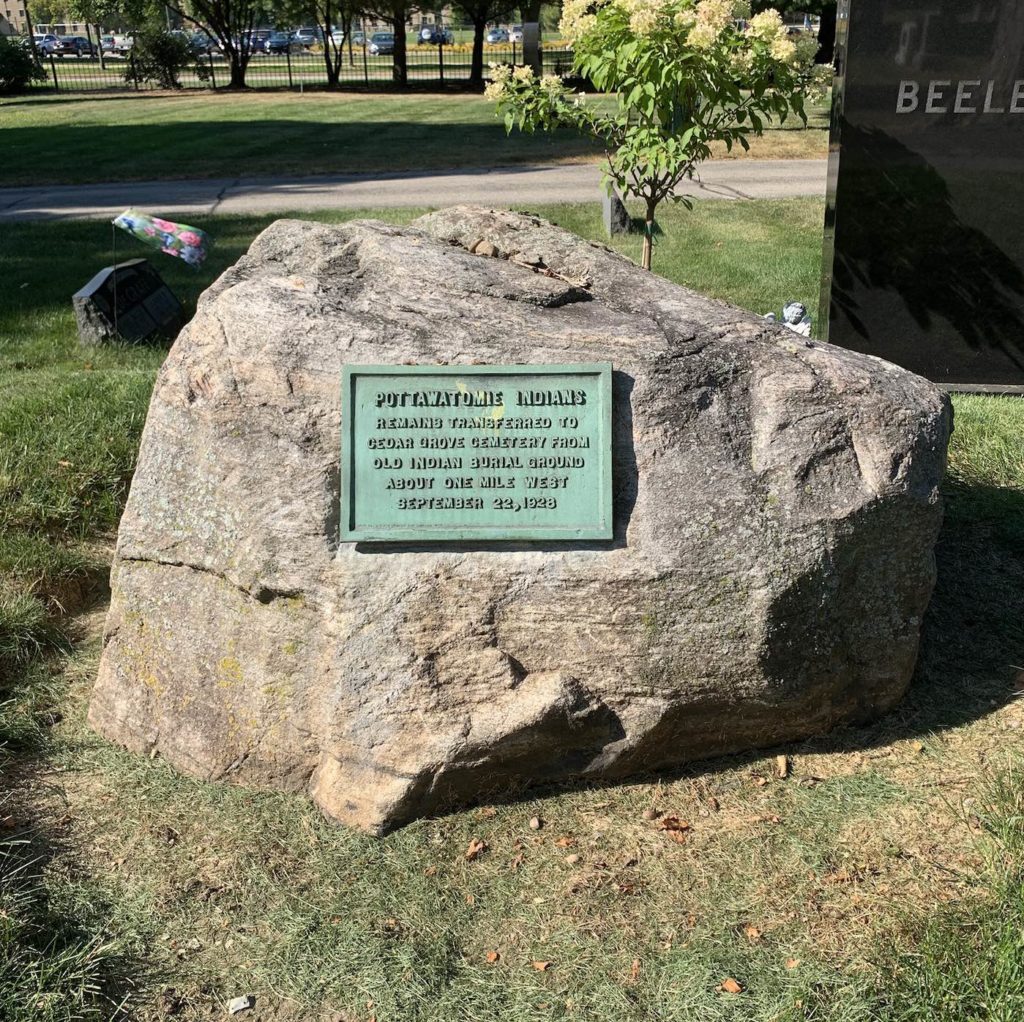
Introduction
Fiana Arbab & Liam Maher
In this introductory reflection, the Project Management Team for Accomplice discusses the importance of creating space for healing and dialogue in pursuit of material reparations, and the vision for Accomplice moving forward.
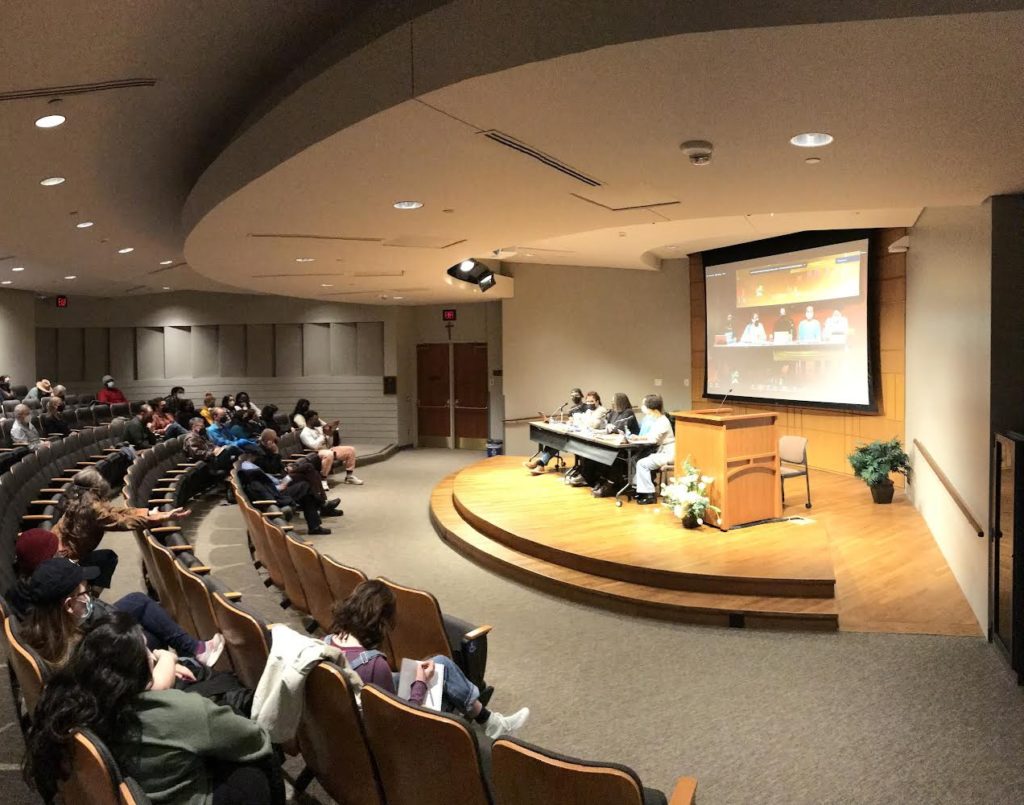
Reparations for South Bend: A Conversation Connecting Past, Present, & Future
Jorden Giger, Oletha Jones, and Regina Williams-Preston; Moderated by Love Lee and Dara-Marie Raggay
In honor of Black History Month, the Accomplice Project at the University of Notre Dame and the Black Lives Matter South Bend Chapter hosted a panel discussion on the case for reparations for South Bend’s Black Community. This discussion explored the history of environmental racism and racial discrimination in housing and education in South Bend, and it also served to uplift ongoing efforts to overturn these conditions.

Decolonizing Humanitarian Aid
Fiana Arbab
Colonizers have historically used religion as justification for subjugating other peoples. Though it seems like a distant past, Sustainable Development & Peace Studies graduate student Fiana Arbab demonstrates how this logic persists today. Questioning whether religiously-motivated humanitarian work can persist in an increasingly secular field, Arbab demonstrates the unique capabilities of a theologically-based approach.
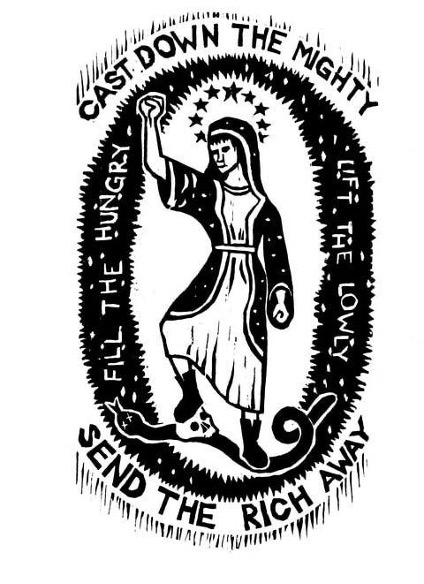
“Cast Down the Mighty”
Elizabeth Boyle
Peace Studies graduate student Elizabeth Boyle offers a feminist critique of Fratelli Tutti that highlights both the progress and shortcomings of liberation theology embodied by Pope Francis’s recent encyclical.
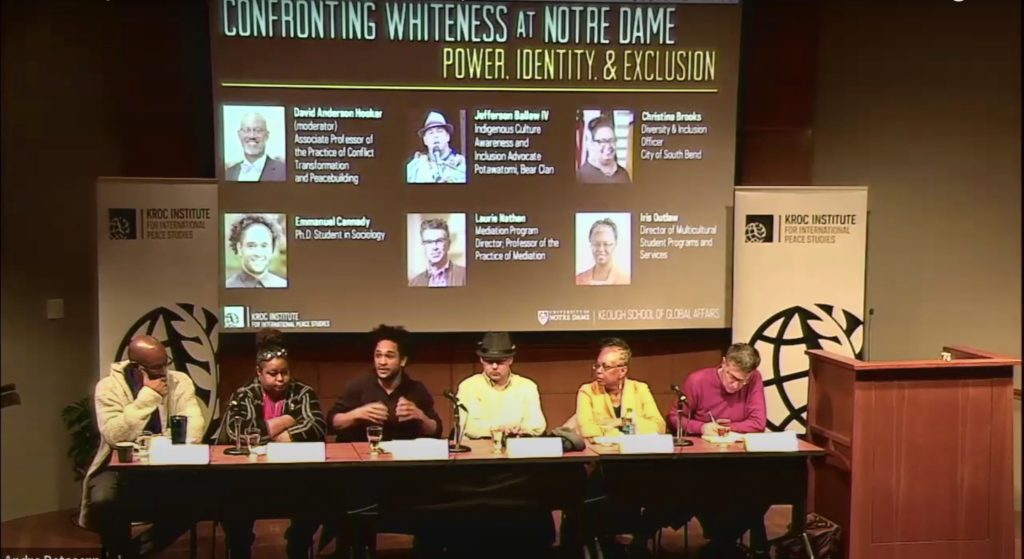
Confronting Whiteness
David Anderson Hooker, Jefferson Ballew IV, Christina Brooks, Emmanuel Cannady, Laurie Nathan, Iris Outlaw
In January of 2019, the Mediation Program of the Kroc Institute for International Peace Studies convened a panel of speakers to discuss white supremacy at Notre Dame. Sharing experiences of exclusion, discrimination, and colonial violence, the panelists in this discussion illustrate the pressing need for transformation within Notre Dame’s community.
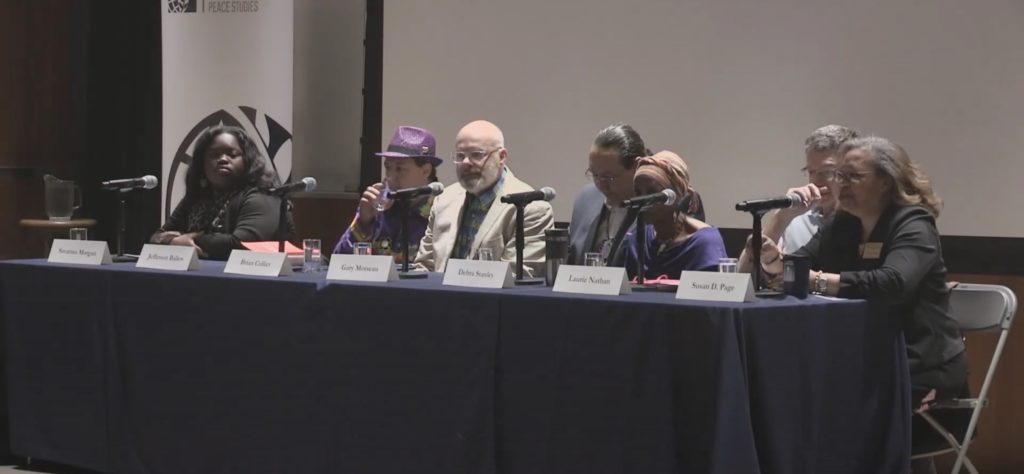
Reparations & Reconciliation at Notre Dame
Jefferson Ballew IV, Brian Collier, Savanna Morgan, Laurie Nathan, Debra Stanley, and Gary Morseau, Moderated by Susan Page
On January 29, 2020, the Mediation Program at the Kroc Institute for International Peace Studies organized a panel discussion on reparations at the University of Notre Dame. From conceptual frameworks to material needs, panelists laid out a comprehensive view of the many harms brought on by the University and began the important work of envisioning what reparations might be enacted and how.
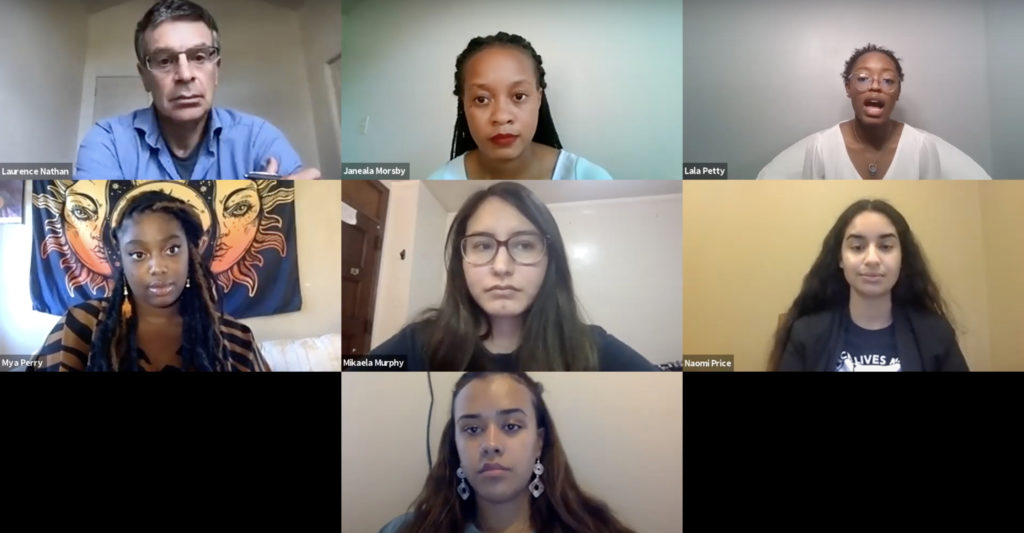
Advice to the Next President
Kaya Lawrence, Janeala Morsby, Mya Perry, Carlondrea (Lala) Petty, Naomi Price, Mikaela Murphy, Moderated by Laurie Nathan and Fiana Arbab
In the months preceding the 2020 Presidential Election, the Mediation Program at the Kroc Institute for International Peace Studies convened a panel of students to offer advice on how the next President of the United States might effectively address racial injustice in the nation. The insights they offer illustrate the pressing needs of Black and Indigenous communities after a presidency that increased already mounting political tensions and spurred racial violence to all-time highs.

A Relationship Renewed
Jack Boland (Cherokee Nation)
Notre Dame student Jack Boland (Cherokee Nation) calls for the University to fulfill its lapsed promises to the Pokégnek Bodéwadmik, eloquently outlining the history of local Indigenous groups and potential ways the University might honor the unique contributions they have made.

Acknowledgment
Brian S Collier, PhD
What does it mean to “acknowledge” someone? Professor Brian S Collier, PhD unpacks the call to action embodied in an acknowledgment and why land acknowledgments demand more than just written or verbal statements.
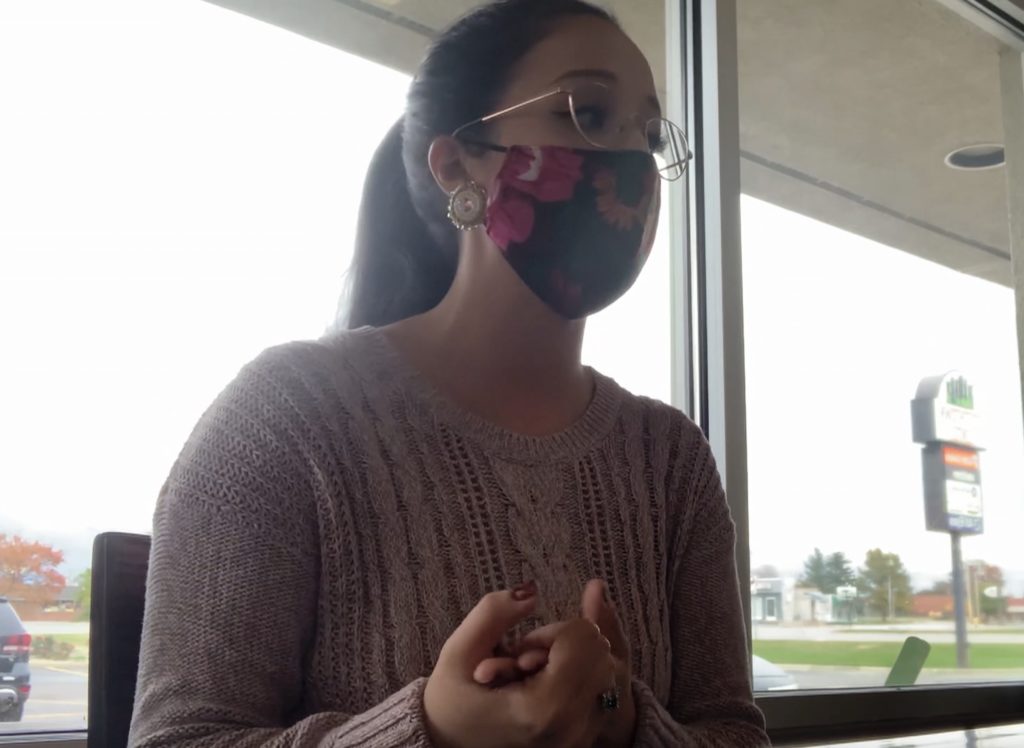
Learn the Truth
Madolyn Wesaw (Pokégnek Bodéwadmik) in conversation with Josie Flanagan
Madolyn Wesaw (Pokégnek Bodéwadmik) in conversation with Josie Flanagan discusses the consequences of European colonization on the Pokégnek Bodéwadmik, particularly its initiation of generational trauma.
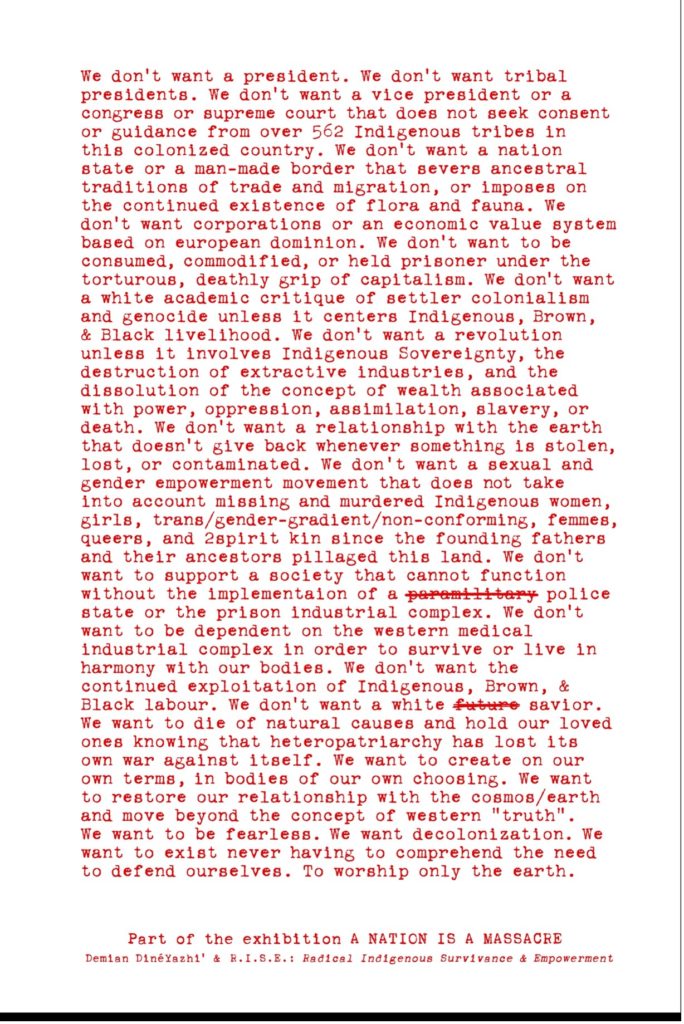
Colonial Hangups
Liam Maher
Art history graduate student and ND alumnus Liam Maher (ND ’18) details why the new “solution” to the Columbus Murals’ controversy replicates the same problematic dynamics that necessitated action in the first place.

Imperialism HERE
Joey O’Donnell
In the summer of 2020 as COVID-19 ravaged the globe, President John Jenkins, CSC published an editorial in The New York Times justifying the University’s impending reopening. As author Joey O’Donnell points out, the rhetoric of Jenkins’ language evokes a violent Christian imperialist past.

For the Record
Jules Downing & Lauren Klein
For the Record is an installment series by Jules Downing & Lauren Klein detailing their work proposing a new Moreau First Year Experience module. This module revisits the story of Notre Dame’s founding from a critical perspective, engaging Indigenous histories more effectively than current modules do.

